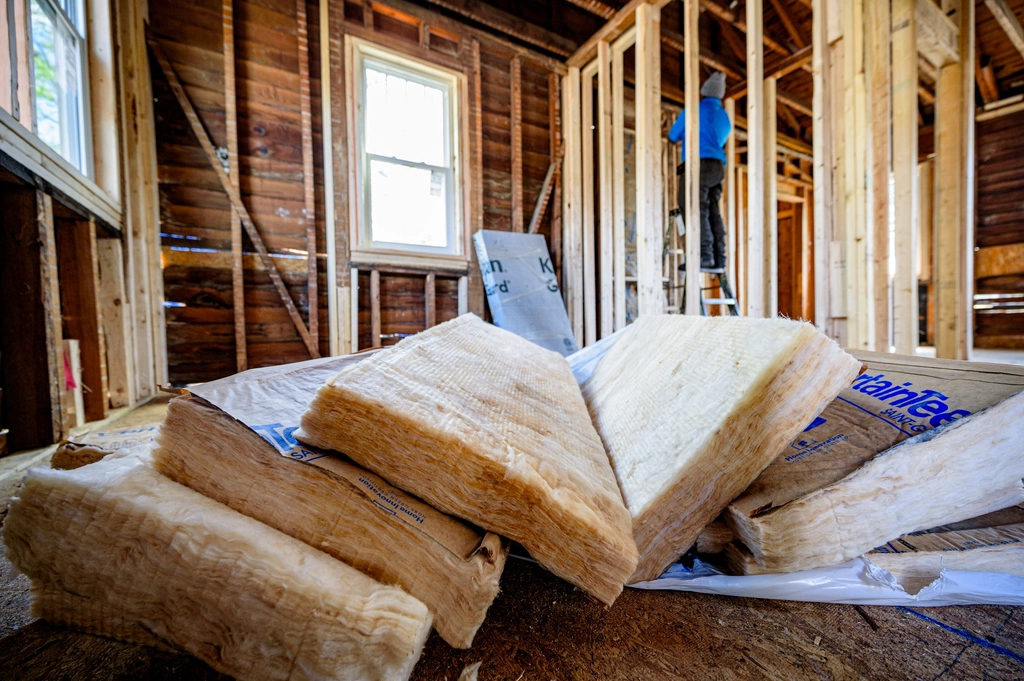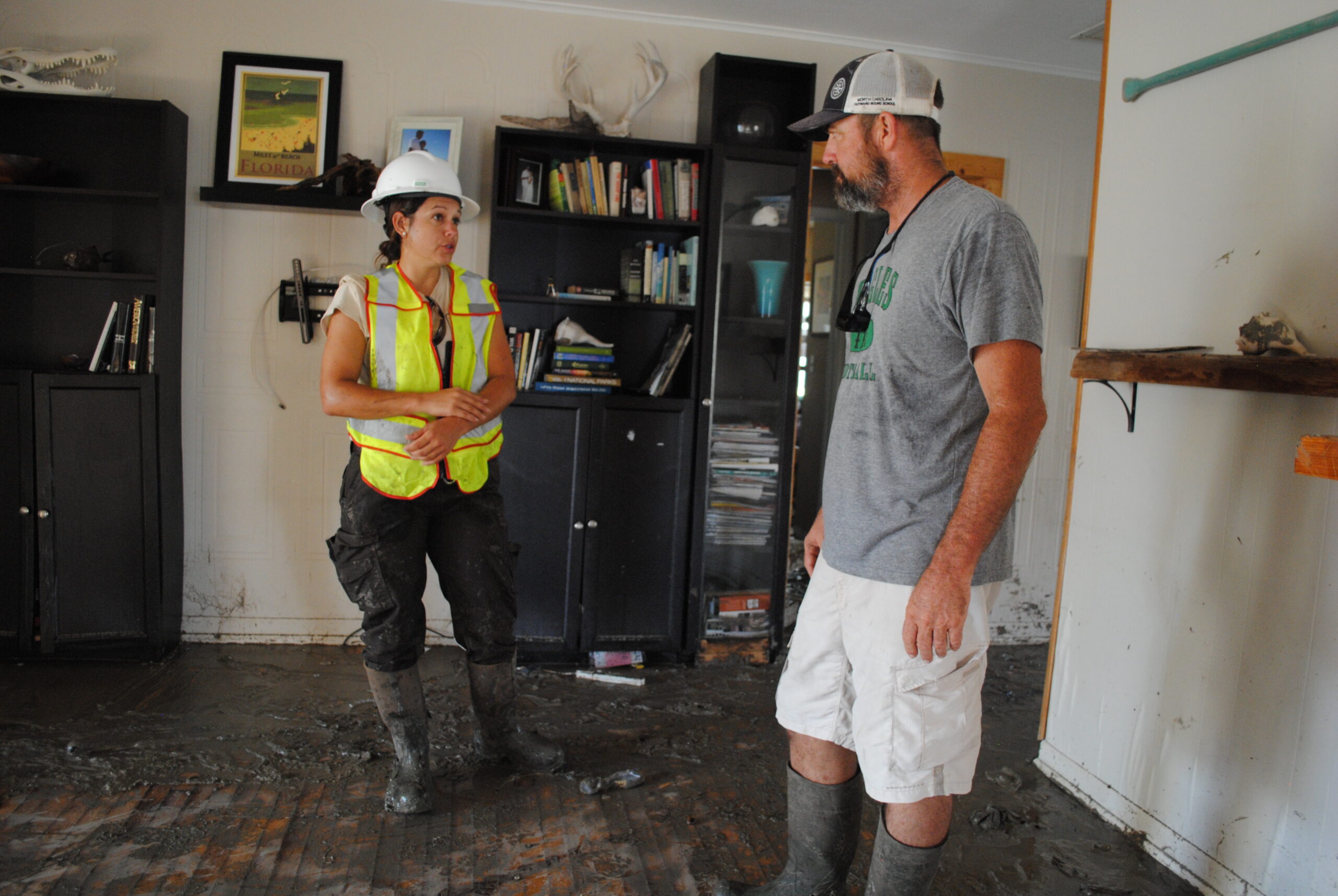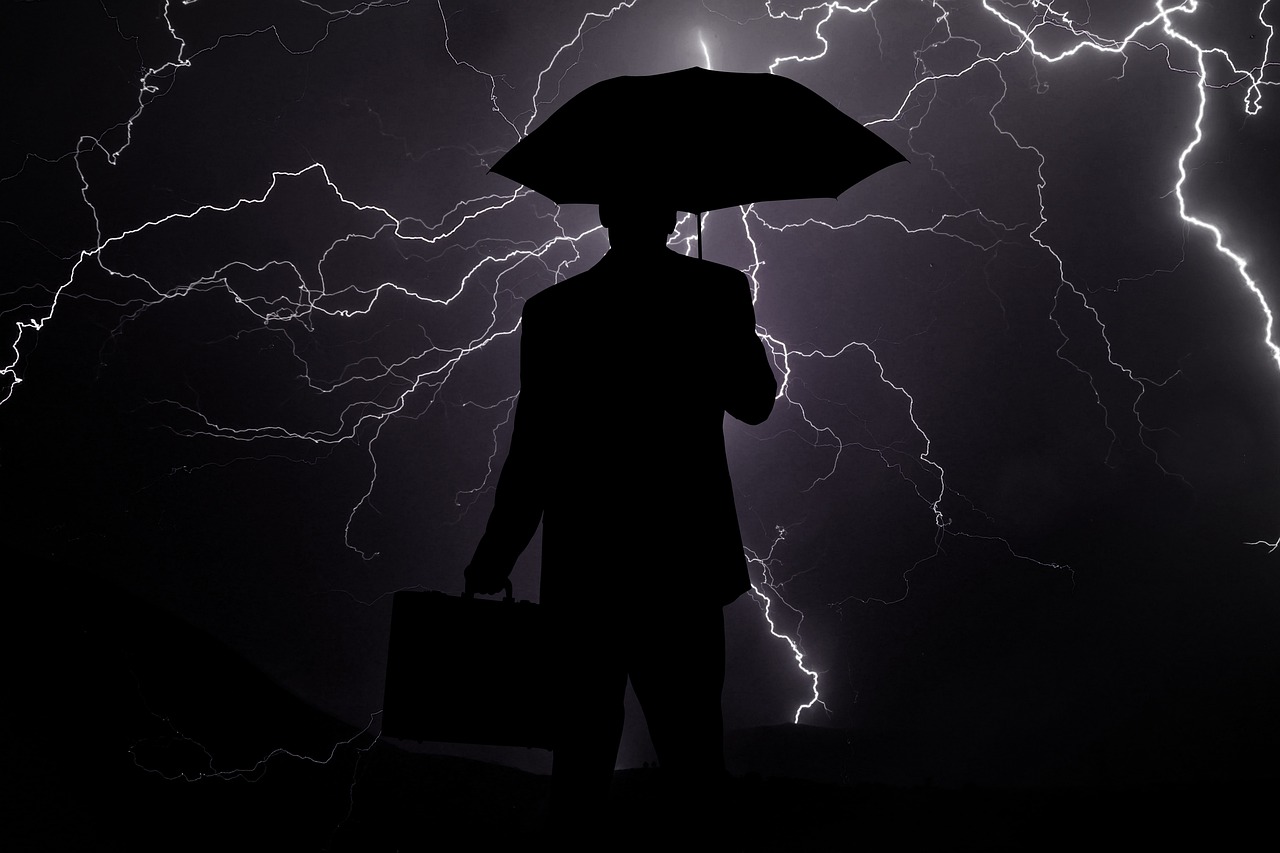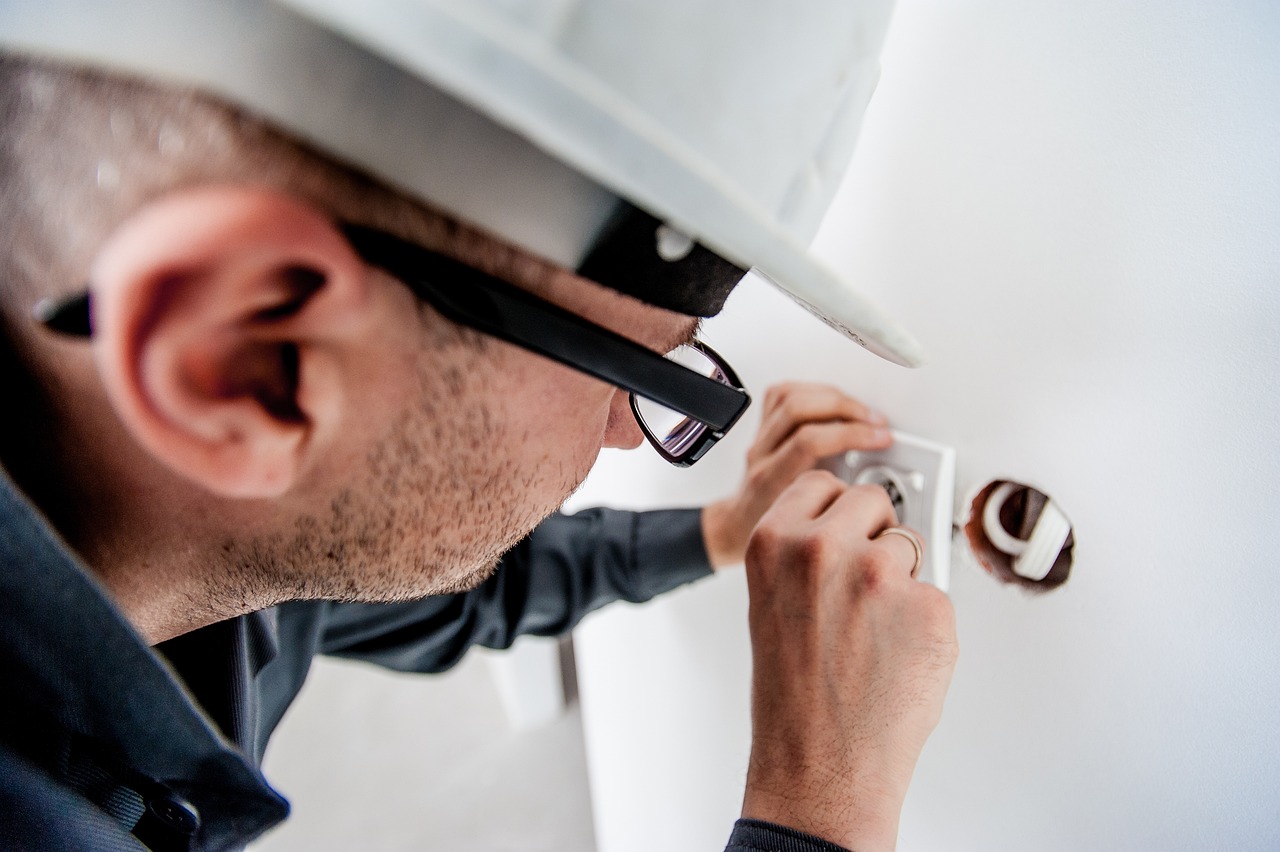- Ultimate Guide to Buying Your First Table Saw - June 4, 2025
- The Best Tool Brands – Are You Using the Right One? - May 30, 2025
- How to Build a Fire Pit in Just One Day - May 25, 2025
Have you ever dreamed of owning your own house, only to find out it’s not all sunshine and white picket fences? Beneath the excitement lurks a reality that can be downright maddening. From surprise expenses to the constant threat of leaky pipes, homeownership can test your patience in ways you never expected. Get ready—you might be shocked at just how many frustrations come with those front-door keys.
Unexpected Repairs

Nothing makes a homeowner’s heart sink faster than the sound of dripping water or the sudden silence of a broken furnace. According to HomeAdvisor, Americans spend an average of $3,000 every year on home repairs, and these costs rarely come at a “good” time. Whether it’s a burst pipe in the dead of winter or a roof leak during a rainstorm, surprise breakdowns keep you on edge. The emotional toll is real—many homeowners feel blindsided and financially squeezed when these problems pop up. Sometimes, repairs reveal even bigger issues hiding behind the walls, making each project a potential money pit. It’s like playing a game of whack-a-mole with your savings account. Even the most careful planners can find themselves scrambling for cash or searching for a reliable contractor at the last minute. If you’ve ever wondered why your neighbor seems stressed, it might just be another “unplanned” home emergency.
Maintenance Costs

Regular maintenance is like paying a membership fee just to keep your home standing. The National Association of Realtors recommends setting aside about 1% of your home’s value each year for upkeep—that’s $3,000 on a $300,000 home. These costs don’t always feel rewarding; fixing gutters or servicing the water heater isn’t exactly thrilling. Every season brings a new list of chores: cleaning gutters, checking the furnace, painting trim, and more. If you skip these tasks, you risk even costlier repairs down the line, so the pressure is always on. Homeowners often feel trapped in a cycle of work and spending that never truly ends. It’s hard not to wonder if renting, with its hands-off approach to repairs, is sometimes the less stressful choice.
Property Taxes

Property taxes can feel like a penalty for achieving the “American Dream.” According to the Tax Foundation, the average effective property tax rate in the U.S. hovers around 1.1%, but this varies wildly depending on your location. For many, these taxes rise year after year as property values increase, adding pressure to already tight budgets. Homeowners often feel powerless, watching their annual bills climb with little say in the matter. The frustration mounts when local services—like schools or road repairs—seem to lag behind the tax increases. It’s not uncommon to hear homeowners grumble about where their money is actually going. As values rise, long-time residents can even be priced out of their own neighborhoods. The sense of being taxed just for staying put makes property taxes one of the least popular parts of homeownership.
Homeowners Association (HOA) Rules

Living under an HOA can feel like having a parent for your house—one that never runs out of rules. HOAs set strict guidelines for everything from mailbox styles to the color of your front door. The Community Associations Institute reports the average monthly HOA fee sits between $200 and $300, adding a hefty sum to your monthly bills. Many homeowners quickly become frustrated by the lack of personal freedom; want to plant a certain flower or fly a flag? Better check the rulebook first. Disputes with the HOA board can drag on for months, sometimes even resulting in fines or liens. Some homeowners feel bullied by the regulations, longing for the freedom to truly make their house their own. The extra financial and emotional burden can make even the prettiest neighborhood a source of constant stress.
Insurance Hassles

Homeowners insurance is supposed to offer peace of mind, but it often delivers headaches instead. The Insurance Information Institute says the average premium is about $1,500 per year. Filing a claim can mean navigating endless paperwork, waiting for adjusters, and deciphering policy “fine print.” After a claim, many homeowners see their rates jump—even if the event was out of their control. Insurers sometimes deny claims over technicalities, leaving homeowners to foot the bill anyway. The stress of dealing with insurance can make a disaster feel even worse, turning relief into frustration. Many people feel caught in a bind: pay high premiums for protection, but risk losing that safety net if they ever actually use it.
The Burden of Selling

Selling a home is rarely as simple as hanging a “For Sale” sign and waiting for offers. According to Zillow, the typical home spends about 68 days on the market, but that number can swing wildly. The process involves staging, cleaning, negotiating, and sometimes making costly upgrades just to attract buyers. Then come the showings, open houses, and endless paperwork. Sellers often feel a mix of anxiety and impatience as they wait for the right offer. Commissions and closing costs—often 6% or more of the sale price—can eat up tens of thousands of dollars. Many homeowners are shocked by how much time, money, and energy it takes just to move on to their next chapter.
Yard Work

For many, the dream of a big backyard quickly turns into a never-ending chore list. The American Society of Landscape Architects says homeowners spend about $1,500 a year on lawn care and landscaping. Between mowing, weeding, fertilizing, and raking, it’s easy to lose entire weekends to yard work. There’s also the pressure to keep up with neighbors, with some communities expecting perfectly manicured lawns at all times. Neglecting the yard can earn dirty looks—or even penalties from the HOA. For those who don’t enjoy gardening, the constant upkeep can feel like a burden rather than a joy. The phrase “the grass is always greener on the other side” takes on a whole new meaning when you’re the one responsible for keeping it that way.
Neighborhood Issues

You can choose your house, but you can’t always choose your neighbors. A National Association of Realtors survey found that 63% of homeowners say neighborhood issues affect their satisfaction. From barking dogs to loud parties, noise complaints are a common headache. Some homeowners face problems with stray animals, vandalism, or disputes over property lines. Others deal with neighborhood changes, like new construction or declining property values, that impact their quality of life. These issues can lead to feelings of helplessness, especially when solutions are slow or nonexistent. The dream of a peaceful community can quickly turn sour when conflicts arise.
Financial Stress

Owning a home isn’t just a financial commitment—it’s often a source of real anxiety. The Federal Reserve reports that nearly 40% of Americans would struggle to cover an unexpected $400 expense, and homeownership only amplifies that pressure. Mortgage payments, insurance, taxes, and repairs can add up to more than expected, leaving little room for error. Homeowners worry about missing payments, facing foreclosure, or being unable to afford necessary repairs. The stress can seep into everyday life, impacting relationships and mental health. For some, the financial weight of homeownership feels crushing, overshadowing the joys of having a place to call their own.
The Illusion of Control

One of the cruelest tricks of homeownership is the sense that you’re in charge—until you’re not. While 87% of homeowners believe their house is a good investment, according to the National Association of Realtors, reality can quickly shatter that illusion. Market downturns can wipe out equity overnight, natural disasters can render a home unlivable, and neighborhood changes can lower your property value. Despite your best efforts, many factors remain out of your hands. This lack of control can be deeply frustrating, especially when you’ve poured time, money, and emotion into your home. It’s a reminder that, even when you “own” your house, you can’t always call all the shots.

